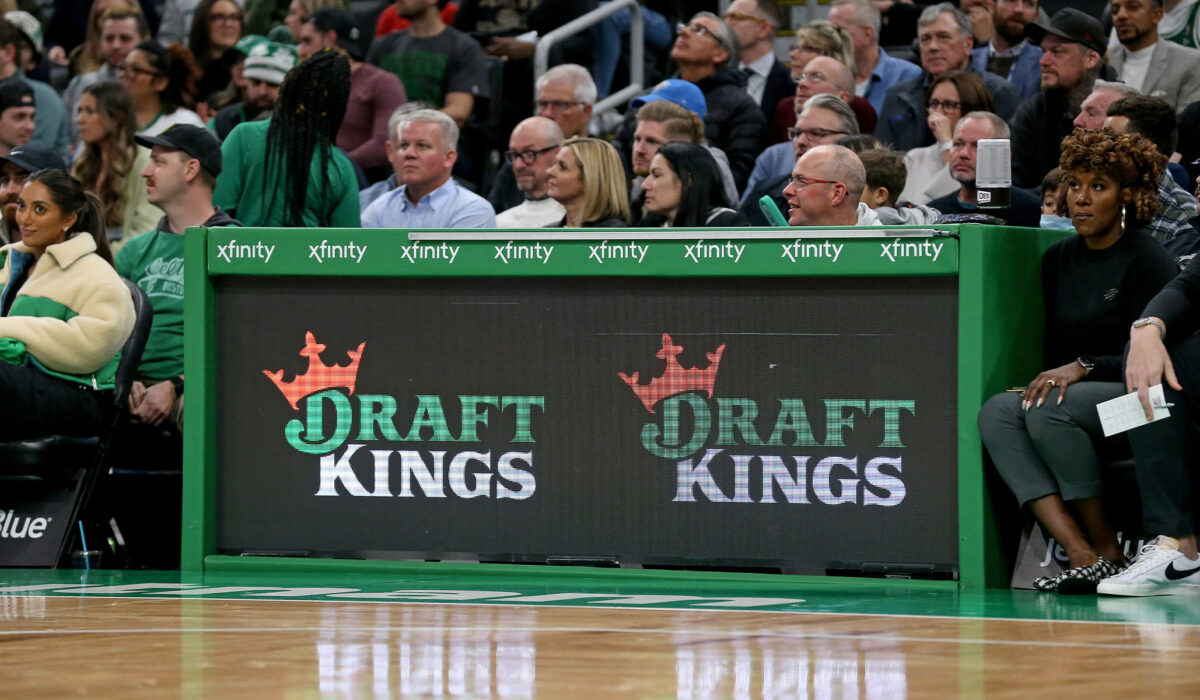The Real Cost of Our Gambling Boom
We’ve created an enormous industry that is inherently corrupting, encourages people to waste their money, and ruins lives. The rise of online betting, fast-play apps, and aggressive advertising has turned gambling into a constant background noise. For far too many people it stopped being a harmless pastime and became a financial trap.
Companies design products to keep users engaged and spending. Odds and payouts are framed in ways that make losses feel like near wins, and design tricks push players toward riskier choices. That’s not neutral entertainment; it’s product engineering aimed at extracting dollars.
Credit lines, in-app wallets, and instant bets erase the friction that once limited harm. When the act of betting becomes as easy as tapping a phone screen, the impulse control that mattered before can disappear. That convenience sounds modern until you balance it against mounting debt and damaged relationships.
Advertising plays a big role in normalizing risky behavior. Ads present gambling as social, fun, and a path to quick rewards while hiding the statistical reality. Those hidden odds mean an entire industry can be profitable even as many individual customers lose repeatedly.
Regulation has not kept pace with technology and marketing. Rules that applied to brick and mortar operations often fail online, and oversight struggles to cover new products. The result is a patchwork system where harm is unevenly managed and enforcement is spotty.
Many operators collect and sell behavioral data to refine how they monetize users. That data creates feedback loops that find vulnerable people and nudge them toward more play. Turning behavioral insight into profit without strong guardrails invites abuse.
Public health approaches treat addiction as a community problem rather than a moral failing. We need prevention, early intervention, and affordable treatment options that work. Framing the issue as individual weakness ignores how modern products are built to exploit human psychology.
There are practical fixes that would reduce harm without banning responsible play. Limits on marketing aimed at young people, clearer disclosure of odds, and mandatory loss-limits can change incentives. These steps make the system less predatory while preserving legal activity for adults who choose to participate.
Accountability matters and it goes beyond regulators. Casinos and platforms should face tougher rules on transparency and customer protections, and independent audits of fairness should be routine. Shareholders and boards need to hear that long term sustainability depends on curbing exploitative tactics.
Conversations about reform should be honest and direct about who benefits and who pays. The industry’s growth has created jobs and tax revenues, but it has also shifted costs onto families and social services. Fixing the system means balancing those realities with protections that reduce harm and put people before profit.

